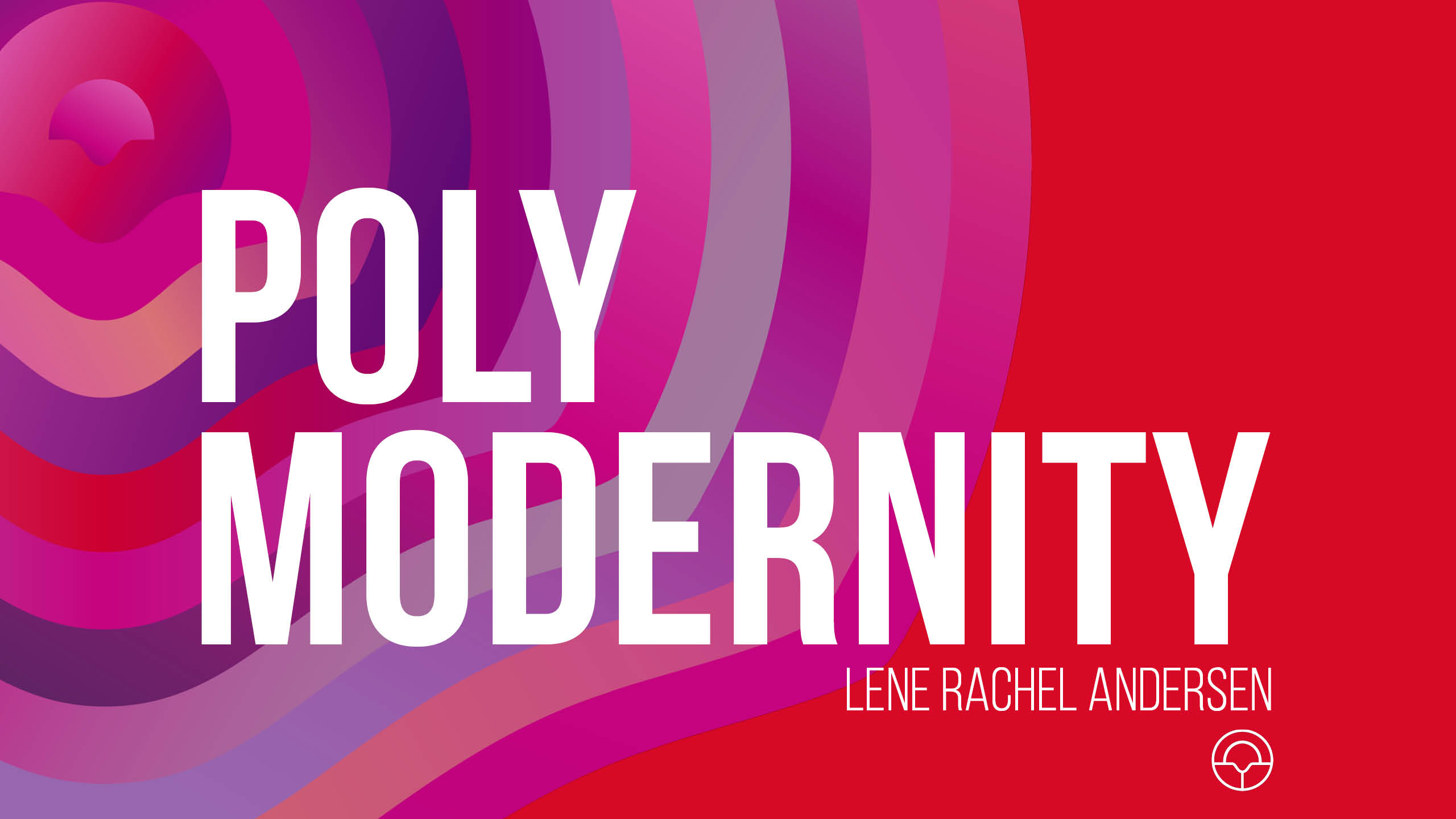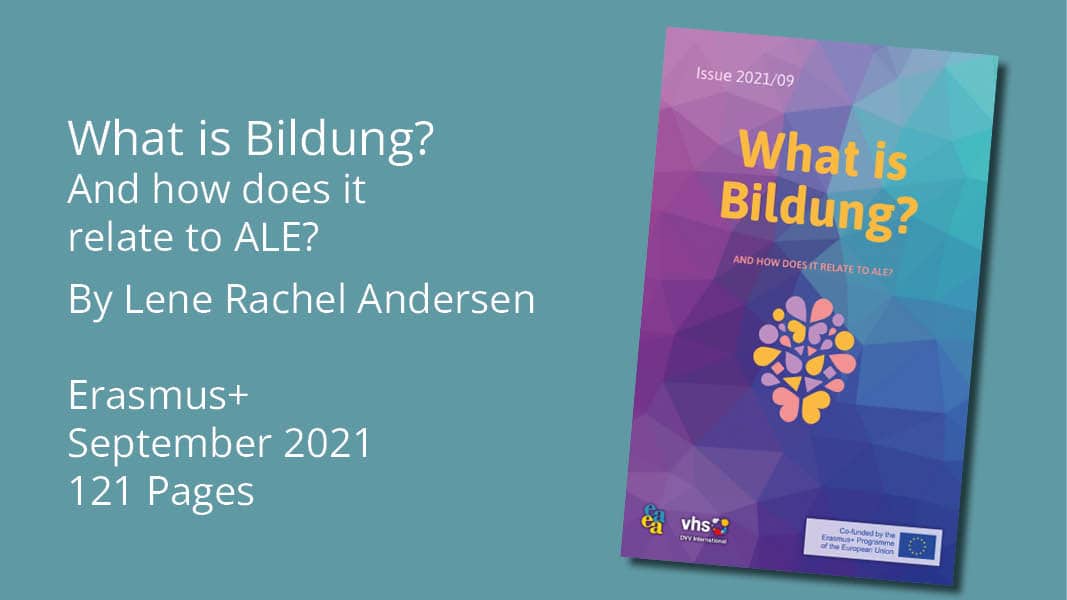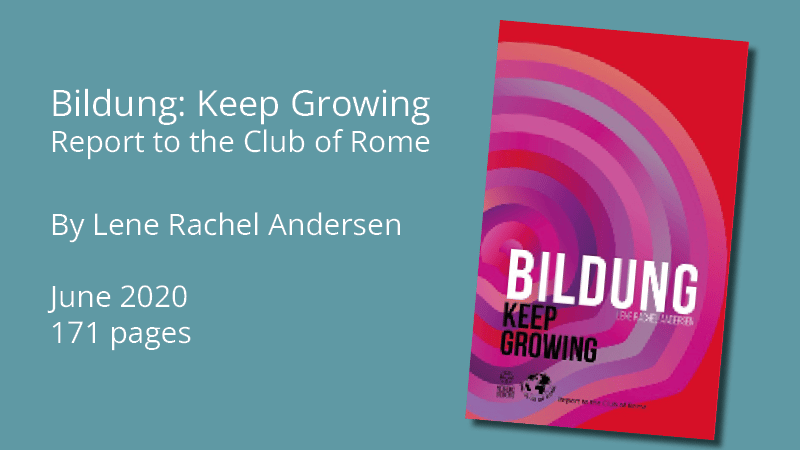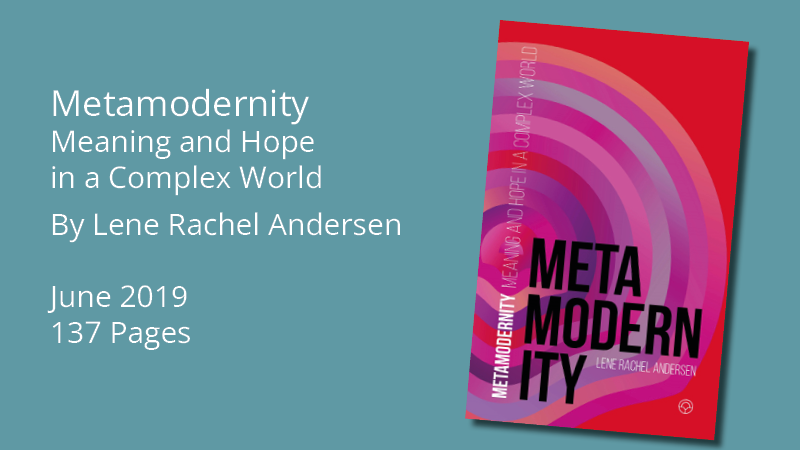The Nordic Secret: New Edition!
By Lene Rachel AndersenNew Edition coming out on January 30th, 2024 This book is a must read for anybody who wants peace,well-being for all, and a meaningful future. Jan Eliasson, Deputy Secretary-General of the United Nations 2012–2016 Stay tuned for more info…
Polymodernity
The book was previously published under the title Metamodernity. This new version is 99% the same as the old, we just changed the name of the term metamodernity to polymodernity.
What is Bildung?
What is bildung? An introduction to bildung. The Erasmus+ project BILDUNG explores bildung in adult education across Europe 2020-2021. Read the booklet online and learn more about the project. There is also a 5-page-version that has been translated into 13 languages. Author, Lene Rachel Andersen.
Bildung
Did you ever wonder why the Nordic countries are so prosperous, peaceful, good for business, and happy? They have a secret and it was invented in Denmark: folk-bildung. Bildung; Keep Growing tells the story of this Danish invention and suggests a path towards global folk-bildung and a wiser, more meaningful, happier future.
Metamodernity
The world is changing and becoming more complex. Metamodernity provides us with a framework for understanding ourselves and our societies in a more complex way, as it integrates indigenous, pre-modern, modern, and postmodern cultural codes. Indigenous culture can provide a connection to nature that we have lost and which re-introduces the circularity that we need to solve the climate crisis etc.
The Nordic Secret
The Nordic Secret explores how bildung transformed Denmark, Norway, Sweden, and Finland from being among the poorest countries in Europe to becoming some of the most affluent countries in the world. The inspiration came from Germany, France, Switzerland, the US, and the UK, and the transition began in a farmhouse.
As new technologies and globalization are revamping our societies again, what can we learn from the past and how can we approach human development and meaning-making in times of great change?








